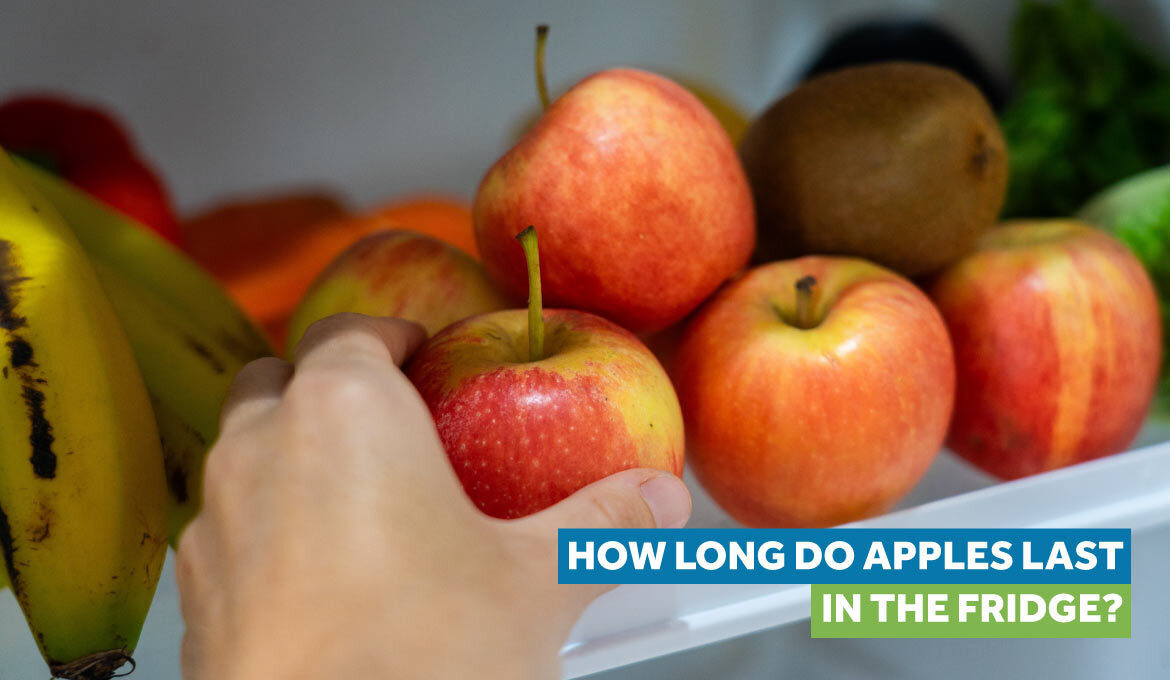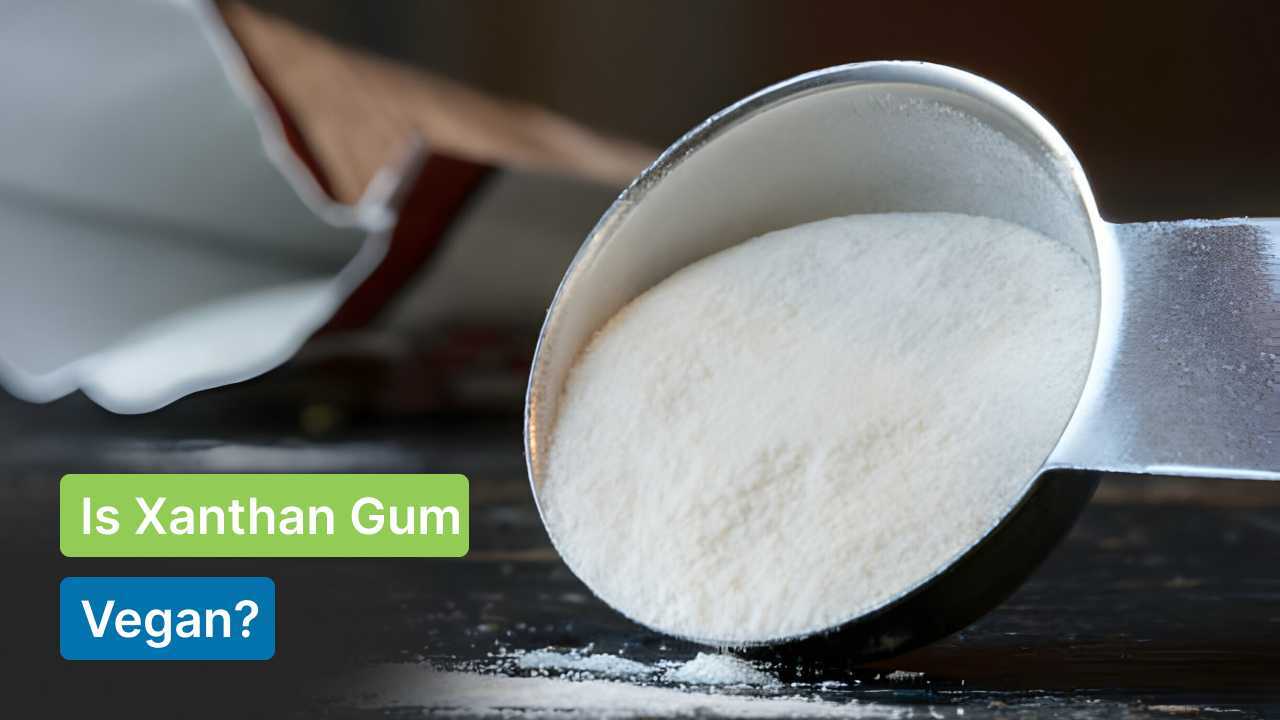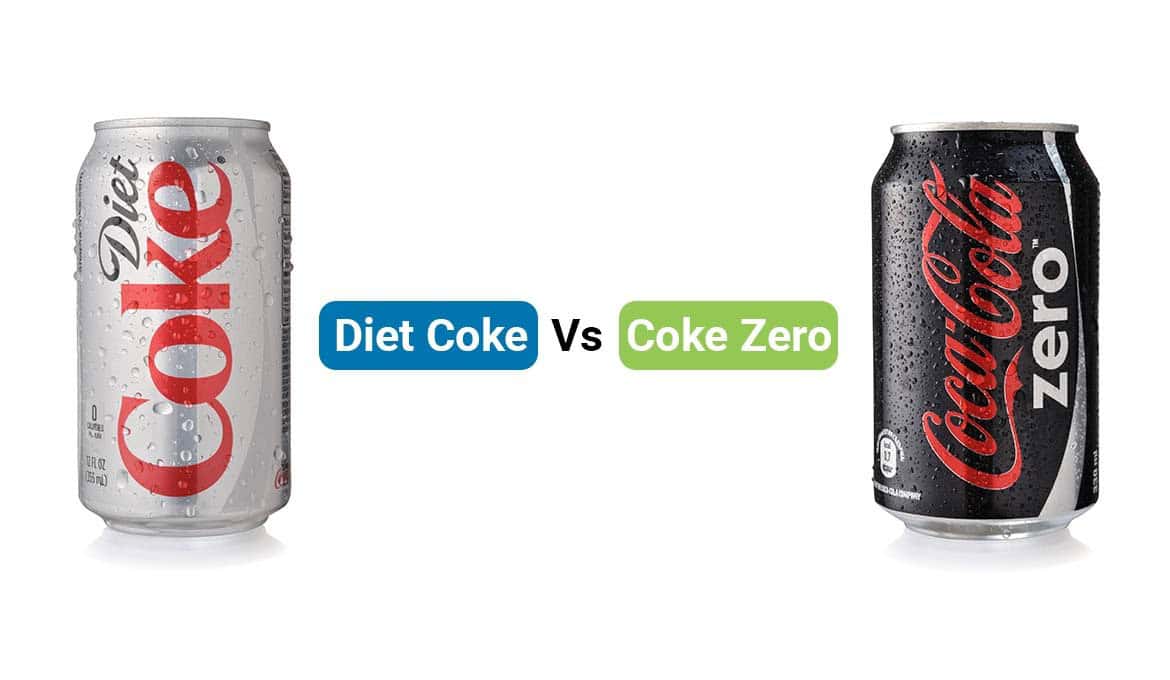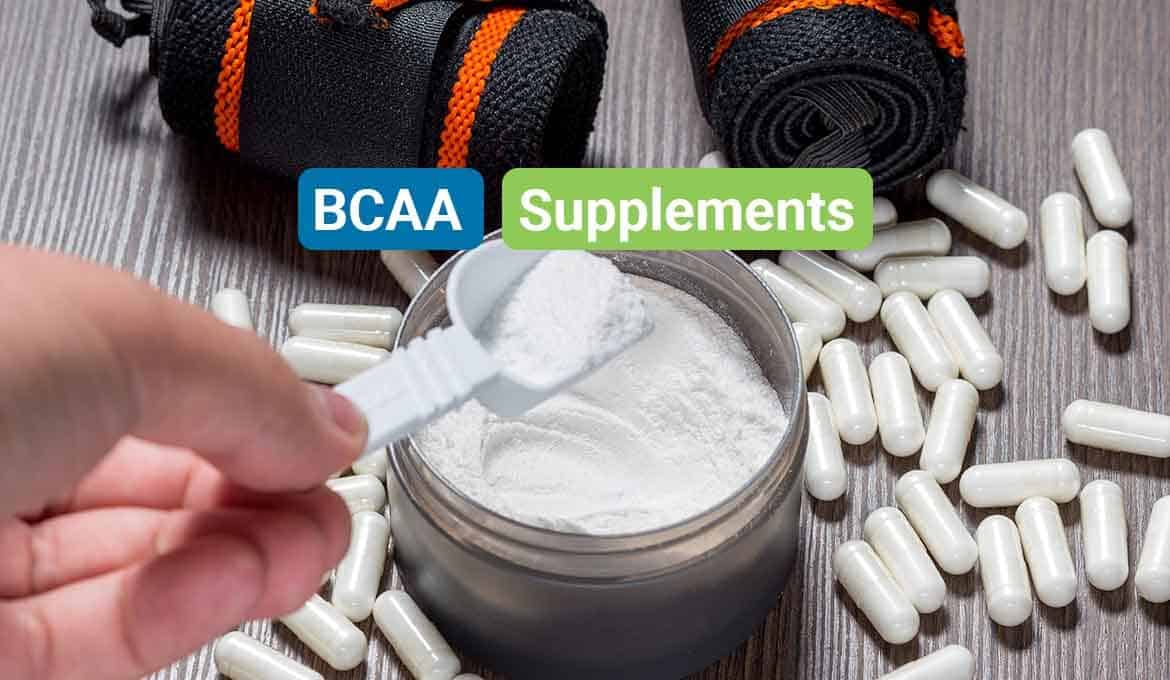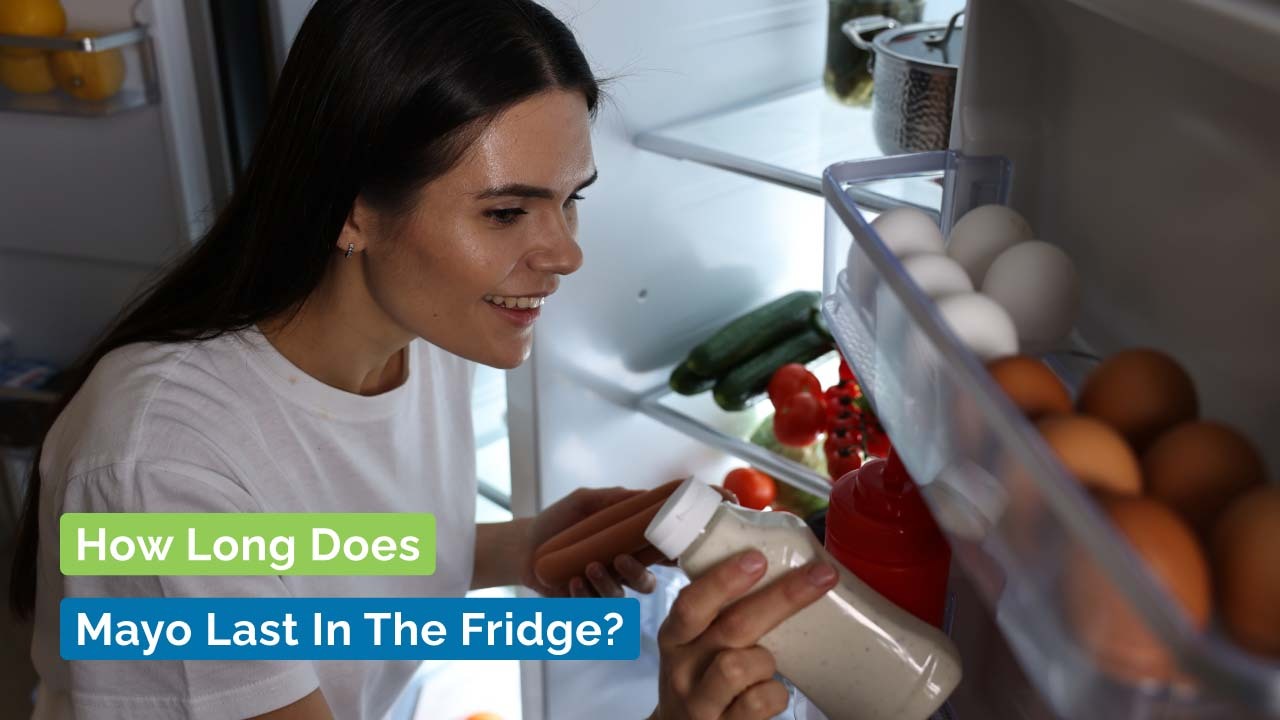
You opened the fridge and found a jar of mayo staring back at you. It’s been sitting there for months, and now you’ve no idea whether to throw it or use it. This case is not uncommon, and many people often wonder, “How long does mayo last in the fridge?”
Well, you’ll find the answer in this blog. Mayonnaise is everyone's favorite! It's an oil-based condiment that goes well with a variety of dishes, especially salads and sandwiches. Although it's super delicious, the egg yolk, which is the primary ingredient, makes it quickly perishable.
So, how long does mayo last in the fridge? Continue reading to find out the answer and explore how to store it to last longer.
What is Mayonnaise?
Mayonnaise is a delicious, thick, creamy sauce usually made from egg yolks, vinegar, and oil. According to the FDA, it contains at least 65% oil and some percentage of egg yolk, vinegar, and seasoning.
We are all guilty of keeping food or fruits in the fridge for longer than we should, but no one thinks about when it's time to throw them out.
According to the Centers for Disease Control and Prevention (CDC), nearly 48 million cases of food poisoning occur in the US every year. So, we all must take charge of what lives in our refrigerators.
As we all know, egg yolks spoil quickly when kept at room temperature. Pasteurization is one method used by commercial mayonnaise makers to delay this.
This method destroys dangerous bacteria that may proliferate, allowing mayo to stay fresh for longer before expiration.
Should You Keep Mayo In The Fridge Or Outside?
Mayonnaise should ideally be served immediately or kept in the refrigerator to lower the risk of foodborne disease. Like any other item that needs to be refrigerated (even leftovers), mayo has a two-hour shelf life.
According to USDA guidelines, mayo should be refrigerated after being left out at normal temperature for longer than two hours.
Even while you might be able to consume that potato salad a few hours later, the more time you wait, the higher the risk becomes, particularly on a warm day.
Typically, unopened mayo can be stored at room temperature in a cool, dry place until opened. However, once opened, mayonnaise has a short shelf life, just like any other perishable product.
When you keep mayo in the fridge, you're extending its shelf life for up to 2-3 months past the expiration date.
Moreover, the coldness of a refrigerator preserves mayo's emulsion for higher quality and longer shelf life. Keep in mind that it can spoil if left for prolonged periods in warmer places or during summer days.
How Long Does Mayo Last In The Fridge?
Although expiration dates are only general recommendations, they also depend on various factors, such as whether the product is homemade or purchased from a store and how it is stored.
The mayonnaise you prepare in the kitchen (homemade mayo) can only last up to one week in the fridge. You have to discard it after the seventh day because the egg yolk is more likely to harbor salmonella bacteria (bacteria responsible for foodborne illness).
The reason is that homemade mayo and egg yolks may not have been pasteurized like commercial mayonnaise.
The shelf life of an unopened jar of mayonnaise is three to four months following its best-by date, which is mentioned on the jar's side.
If you choose to store it in the pantry, its shelf life is three to four months. It can last up to 6-7 if stored in a refrigerator and kept unopened.
You may extend the serving period a little if you can cover the food and keep it cold in an ice basin or something comparable. After eight hours, mayo kept at 50°F or higher (even if it's not cold enough) should be thrown out. Food is kept at approximately 40°F in a refrigerator.
You need to be extra careful with foods that contain mayo, such as potato salad or tuna salad. They are only safe to eat for 3 to 4 days after they're prepared.
How Long Does Mayo Last Unrefrigerated?
Since egg yolk is a major ingredient of mayonnaise, it is highly perishable. A jar's shelf life is just 8 hours if it is left out of the refrigerator after it has been opened. Therefore, it won't help you in the morning if you unintentionally leave it out overnight.
Can You Freeze Mayonnaise?
Yes. Mayonnaise can be frozen, thawed, and then eaten. But, the texture and consistency will not be the same as before.
Freezing mayo can make it last for three months or so. However, experts recommend that it should not be frozen because freezing ruins the emulsification.
When removed from the freezer and brought to room temperature, the mayonnaise simply melts into oil. Plus, the oils and vinegar will separate.
But this doesn't mean that the mayonnaise has gone bad. As long as it doesn't smell awful, it's good to go!
How To Tell If Mayo Is Bad?
Like other food and condiments, the smell is the first sign that your mayo has gone bad.
i) Smell – Once you open the jar, you'll sense a strong, unpleasant, and somewhat acidic odor. You need to throw the whole jar out.
ii) Look – There will be brown, green, or blue-colored molds on the surface of the mayo or edges of the jar/bottle. Even if you notice the tiniest amount of molds, discard it.
iii) Color – Usually, mayonnaise is off-white or milky in color. If you observe that it has turned dark yellow on the sides, it is spoiled.
iv) Taste – Use a spoon or finger to take a small lick from the corner. If it tastes sour, bitter, or strange, it's spoiled, and you must throw it away without a second thought.
Even though we believe that most of us will keep our mayonnaise refrigerated after opening, it's comforting to know that certain food’s danger zones are not as high as they were previously claimed.
You might not have to toss out the mayo jar after all if you've ever experienced the sinking feeling that comes when you realize in the morning that it was left out during the midnight sandwich raid.
What If You Eat Expired Mayo?
If you consume expired mayo, you will experience negative health effects. It might not be very bad if you eat expired store-bought mayo and have a slightly upset stomach, but you should consult your doctor right away if you feel heavy pain.
Now, what if the mayo is homemade? In that case, it could be dangerous if you eat an expired one. Unpasteurized egg yolks can put you at a higher risk of developing food poisoning.
So, you must discard it after one week of making homemade mayo. Otherwise, salmonella will start growing in mayo.
How To Store Mayonnaise?
Here’s how you must store your mayonnaise in the fridge:
i). Unopened mayonnaise:
Unopened mayonnaise is totally safe in the cupboard or cabinet when kept at room temperature.
As explained before, mayonnaise is commercially produced using pasteurization, which lets unopened jars remain safe on pantry shelves for up to a few months after expiration.
However, certain mayonnaise types include fewer preservatives, requiring various storage procedures, and it is always best to be safe than sorry when it comes to food safety.
ii). Opened mayonnaise:
Like other packed foods, mayonnaise must be stored in the fridge once the jar/bottle is opened. The cooler temperature is perfect for preserving its freshness and proper storage.
When refrigerated, mayonnaise keeps its creamy texture and acidic flavor and—most importantly—slows down the growth of bacteria.
Tips To Make Mayonnaise Last Longer
Here are some of the things to keep in mind when storing mayonnaise:
- Refrigerate Immediately.
- Keep it in the coolest part of the fridge.
- Regularly check for signs of spoilage.
- Follow proper hygiene practices.
- Pay attention to proper etiquette when consuming. Use clean utensils to scoop out the mayonnaise and avoid double-dipping to prevent bacterial contamination.
- Make sure the mayonnaise container lid is always closed tightly to prevent contamination.
- Do not keep it near raw meats or use dirty utensils to remove the product from its original container. Should the product get contaminated, it must be disposed of immediately. approximately
Final Reflection
So, how long does mayo last in the fridge? Unopened mayonnaise will likely last up to three months after its expiry date.
Opened mayonnaise, on the other hand, can be stored in the refrigerator for up to 2 months. It's best to double-check for spoilage before eating anything past its expiration date.
Even if your mayo looks fine, look for any molds or color changes. Also, check for acidic or bitter tastes and smells to ensure it has not spoiled.
The best bet is to check and clean your fridge every month. This way, you'll rest better knowing you didn't make your family or yourself sick.
FAQs
1. Does mayo go bad in the fridge?
Ans: Open mayo kept in the fridge is usually considered safe for up to 2-3 months after the “best-by date” mentioned on the package.
2. Can you eat mayonnaise after the expiration date?
Ans: No. Unopened mayonnaise must be discarded a week after it expires. In the case of opened mayo stored in the fridge, it must be thrown out one month after its expiration date.
3. How long does egg mayo last in the fridge?
Ans: Freshly prepared egg mayonnaise can last for up to 3-4 days in the fridge.
4. How can I tell if mayonnaise is bad or spoiled?
Ans: Mayonnaise will start to look a little yellow instead of a normal white creamy color, and then it will become lumpy or thicker over time as days go by. You may also notice visible molds and a fishy smell.
5. How long can a sandwich with mayo last in the fridge?
Ans: Sandwiches with mayo should generally be consumed within 2 to 3 days if kept in the fridge.
6. Is it safe to reheat the sandwich with mayonnaise?
Ans: Since mayo contains oil, overheating your sandwich can split the oil. So, to avoid this, heat it for no longer than 15 seconds until it is warm.
Read Also:










